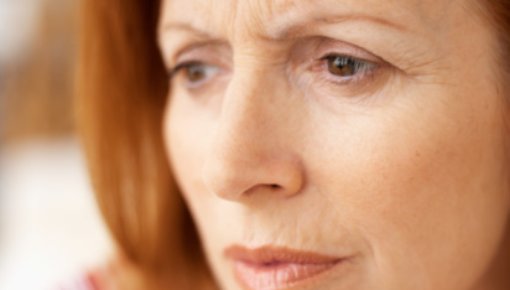I'm no longer scared of having a colonoscopy
But colonocopies have changed quite a bit over the past 15 years. Things are very different now. There’s absolutely no reason to be afraid as long as the doctor is experienced and attentive to the patient. I find it important to talk with the doctor before the colonoscopy. It helps me to be familiar with the person doing the examination and the room where it takes place. I don’t see what's being done and don’t feel any pain. I’m not afraid at all of having a colonoscopy.
I was very lucky to find a good doctor right in the town where I live. I've now been with the same doctor for about twelve years. I trust him and am convinced that he does the colonoscopies well. He has a lot of experience with this disease. He's very open and I'm quite sure that he does a good job. I can be honest about what I'm thinking and we can discuss the results. It's important to me to have the opportunity to discuss the results and any further steps hours after the examination, and not right after the colonoscopy has finished, when I'm still feeling the effects of the sedative.
I've already had a lot of conversations about this topic with my doctor. It really helps to know that he's very careful during the examination.
I've had this condition for decades. But I've only just now realized that regular colonoscopies can help detect signs of bowel cancer early enough.

